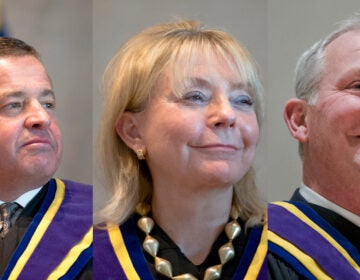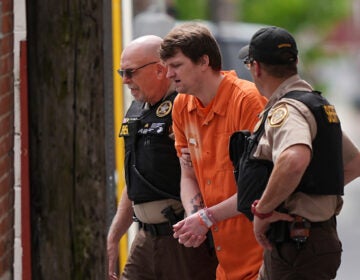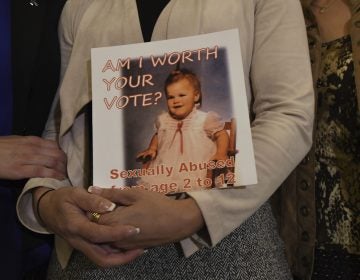Ruling on naming priests in abuse report may change Pa. grand jury process
The report named hundreds of “predator priests” and enablers. But 11 sued, saying being identified would violate their right to a good reputation since they weren't charged.

The grand jury report named hundreds of “predator priests” and enablers. But ahead of its publication, 11 sued, arguing that being identified would violate their right to a good reputation since they aren’t being charged with any crime. (AnnekaS/Bigstock)
Pennsylvania’s Supreme Court recently ruled that a group of current and former clergy members could not be named in a grand jury report implicating them in child abuse and coverups in six Roman Catholic dioceses.
The decision wasn’t just a victory for those plaintiffs; it may make grand jury reports like that one much less common.
In general, grand juries compile evidence in sensitive criminal cases to decide whether charges should be filed. They don’t make rulings, but their findings are often widely publicized.
The grand jury report released this summer named hundreds of “predator priests” and enablers. But ahead of its publication, 11 sued, arguing that being identified would violate their right to a good reputation — provided in the state constitution — since they aren’t being charged with any crime.
The Supreme Court agreed and, in a nearly unanimous decision, granted them anonymity.
Peter Vaira, a defense lawyer and former U.S. attorney, has often criticized Pennsylvania’s grand juries for being too secretive and, as he sees it, unfair to defendants.
He said this is a hit to their power.
“The first thing a lawyer’s going to do if he has a person who’s in front of a grand jury, he will file a petition to the chief judge saying, ‘Look, you can’t name me, there’s no due process,’” Vaira said. “That’s going to grind most of these to a halt.”
Over the years, attempts to clarify and update grand jury process haven’t gained much traction.
The state Supreme Court currently has a commission reviewing the issue.
WHYY is your source for fact-based, in-depth journalism and information. As a nonprofit organization, we rely on financial support from readers like you. Please give today.






